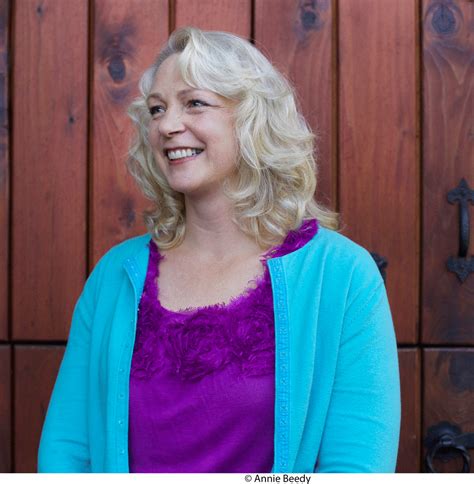A Quote by Chris Ware
I was used to being disliked as a kid. Not that I didn't deserve it: I was a pretty sad and unappealing creature, and still am, I guess. It's sort of simplistic to think that one tries to make stuff that accounts for one's repulsiveness as a person, but there's some truth to it. So, when I read something unfavorable, I always take it deeply personally. It's as if my efforts have been in vain, and I should just quit.
Related Quotes
Ever since I was a kid, I've been into clothes, but not really labels- that's kind of only been in the last year or so. It's something I've always cared about. I used to just constantly thrift and make stuff and cut stuff up and borrow my dad's stuff and borrow my little brother's stuff and all that jazz. ... It's just, if something is cool, then it's cool.
That I can read and be happy while I am reading, is a great blessing. Could I have remembered, as some men do, what I read, I should have been able to call myself an educated man. But that power I have never possessed. Something is always left--something dim and inaccurate--but still something sufficient to preserve the taste for more. I am inclined to think that it is so with most readers.
I don't waste a lot of time on profound embarrassment. I have always been somewhat the same person. I can think of maybe particular items of clothing that I think, "Oh God, I used to wear that?" But nothing serious. It's not like for a while I became some sort of goth wannabe. I've always pretty much been me.
What is literary tradition? What is a classic? What is a canonical view of tradition? How are canons of accepted classics formed,and how are they unformed? I think that all these quite traditional questions can take one simplistic but still dialectical question as their summing up: do we choose tradition or does it choose us, and why is it necessary that a choosing take place, or a being chosen? What happens if one tries to write, or to teach, or to think, or even to read without the sense of a tradition? Why, nothing at all happens, just nothing.
Ignorance is in relationship to content; it is not just a spirit of ignorance. In verse 21 it speaks of "the truth in Jesus." Truth is content, truth has something to do with reason. Truth has something to do with the rational creature that God has made us. The dilemma here in the internal world is not just some sort of grey fog, it is in relationship to content.
I used to read more when I was a kid than I do now. It was all sort of fuel for the fire to teach you how to think and how to make things and it informed the architecture that I was doing. It's better coming in with that history and that kind of knowledge and depth of understanding of humanity that is very important for building buildings - for understanding people and how they should live and how you could make your lives better and stuff like that.
I am semi-ambivalent about being on camera - sort of low-key. I don't like being on camera stuff that much. I like radio and live performing stuff. I don't like the television stuff as much. Some people do. It takes a certain breed of cat. There is a ton of pressure and you need to read cue cards. I am not a good cue card reader. Being a poor reader was enough to make me not want to do that type of formatted show.
I am good in the fact that most of my reviews have been very positive really. I get pretty good reviews. There have been some that aren't - critical. I think they are extremely - the people that wrote them really don't understand what they are looking at quite frankly or have a very preconceived notion of what conceptual art should be or where I am at or the fact that I may change what I have done from what I did 20 years ago. But there is always some reason that they just sort of get it wrong. And so it certainly doesn't affect my work.
I'm very practical as a person as well, and I think that's where I get confidence from. As impulsive and spontaneous as I am, I'm still very practical. I always have been. I work out my pros and cons, and then I make an informed decision on whether I should do something or not. I really believe if you're going to do something, you have to do it 100 percent; otherwise it's better not to do it.








































